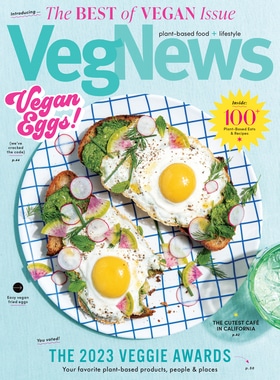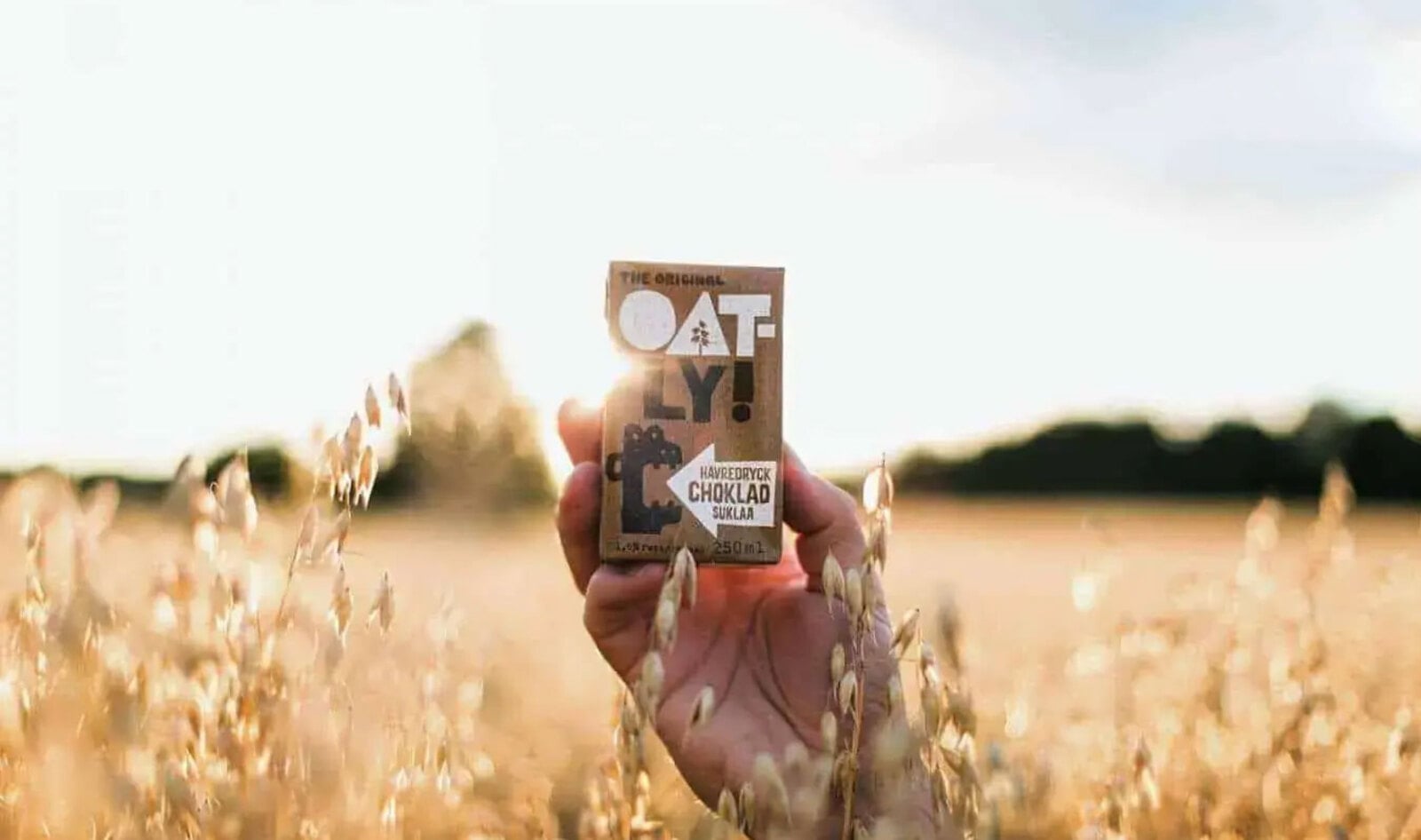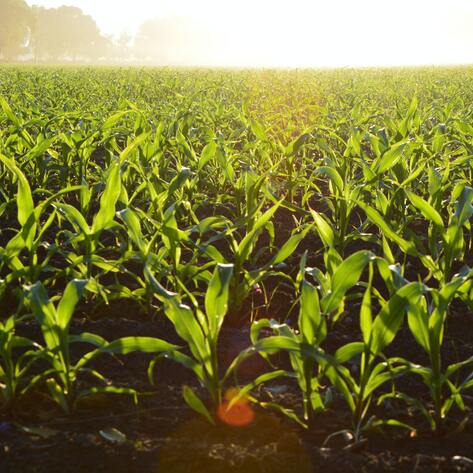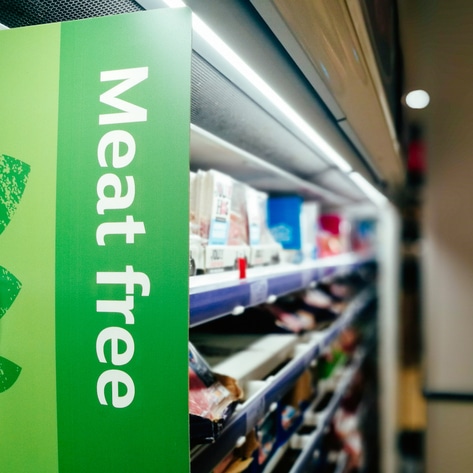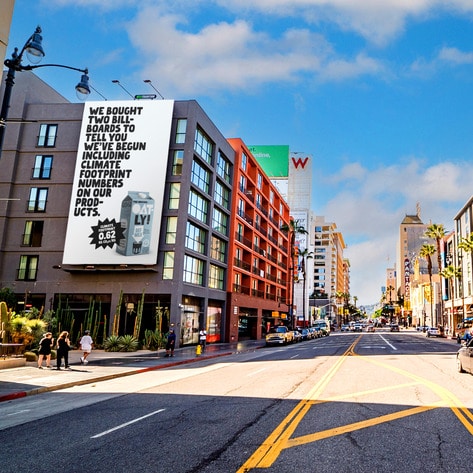Oatly is over sustainability. Now, the vegan milk brand is all about regeneration. With a new initiative called F.A.R.M. (which stands for Future Agriculture Renovation Movement), the Swedish plant-based brand aims to move beyond sustainable agriculture, and instead, embrace and encourage regenerative agriculture.
In a nutshell, this type of agriculture actually regenerates farmland by improving soil health, which is vital when it comes to keeping the environmental impact of the food system to a minimum.
The global food system, which includes all types of agriculture, is responsible for around one-third of human-caused greenhouse gas emissions. But by improving farming methods and the health of the land, agriculture can actually help to sequester carbon—but this only works if the soil is actually in good condition.
At the moment, much of the world’s soil is being degraded and depleted by farming methods, like excessive plowing and tilling, as well as a lack of plant diversity.
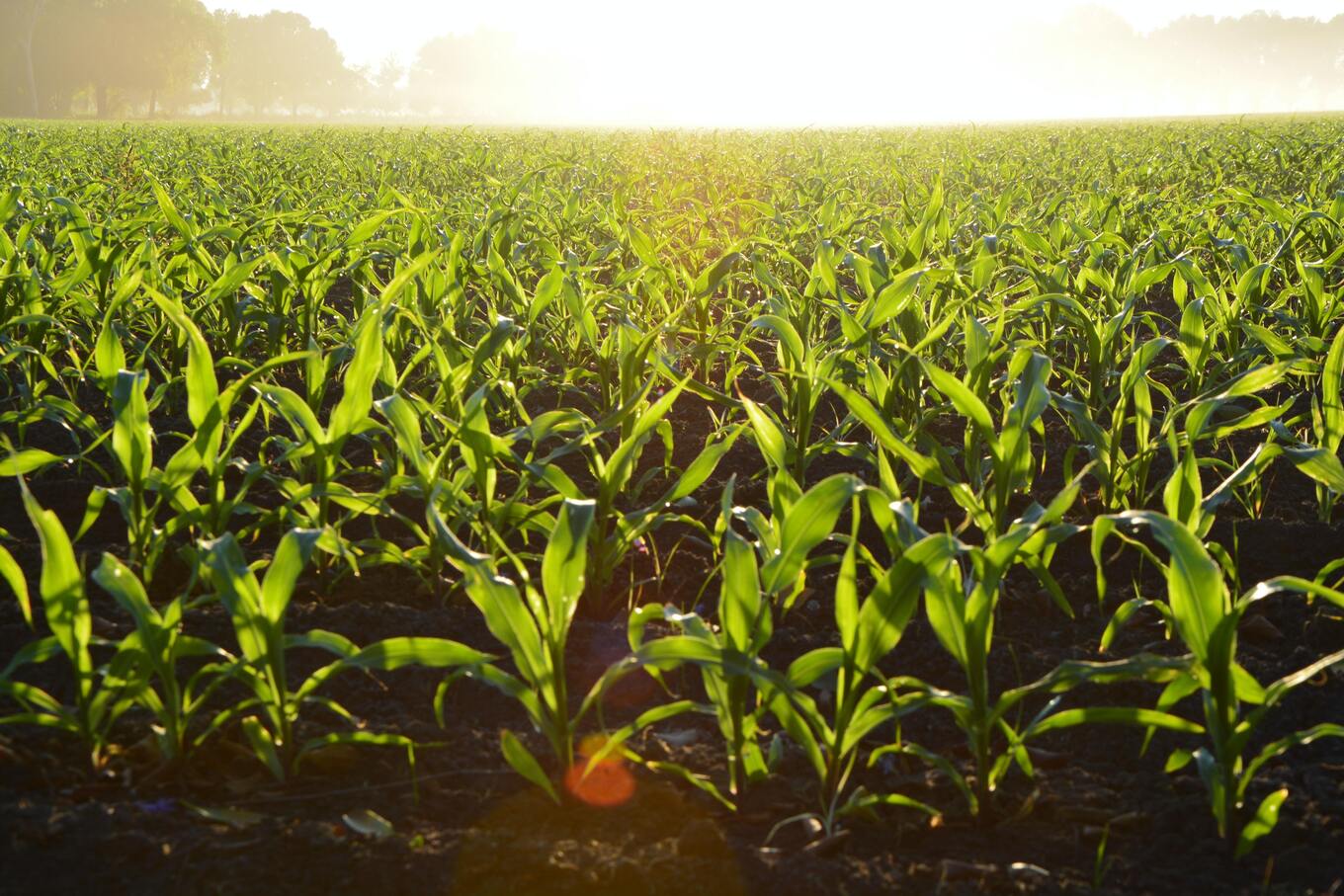 Alejandro Barrón/Pexels
Alejandro Barrón/Pexels
Why is regenerative farming beneficial?
With F.A.R.M, Oatly is helping more farms transition to healthy, regenerative practices. A small number of US farms have already taken part in the brand’s initial pilot scheme, Oats for Oatly, which incentivized corn and soy farmers to add oats as a third crop to their rotation.
To put it simply, crop rotation helps the land because different crops have different benefits. Some pull nitrogen from the land, for example, while others are nitrogen-fixing, which means they help to boost the soil’s nutrient content. Others, like oats, are used as cover crops.
Essentially, cover crops help to protect the health of the soil, preventing erosion and runoff, between regular crop production cycles.
“The whole idea of planting clover and other cover crops kind of got lost through the generations,” said Ben Dwire, a third-generation farmer from Arco, Minnesota, who was one of the first to take part in Oats for Oatly. “These are actually all things my grandpa and great-grandpa did, so it’s cool that the old has become new again.”
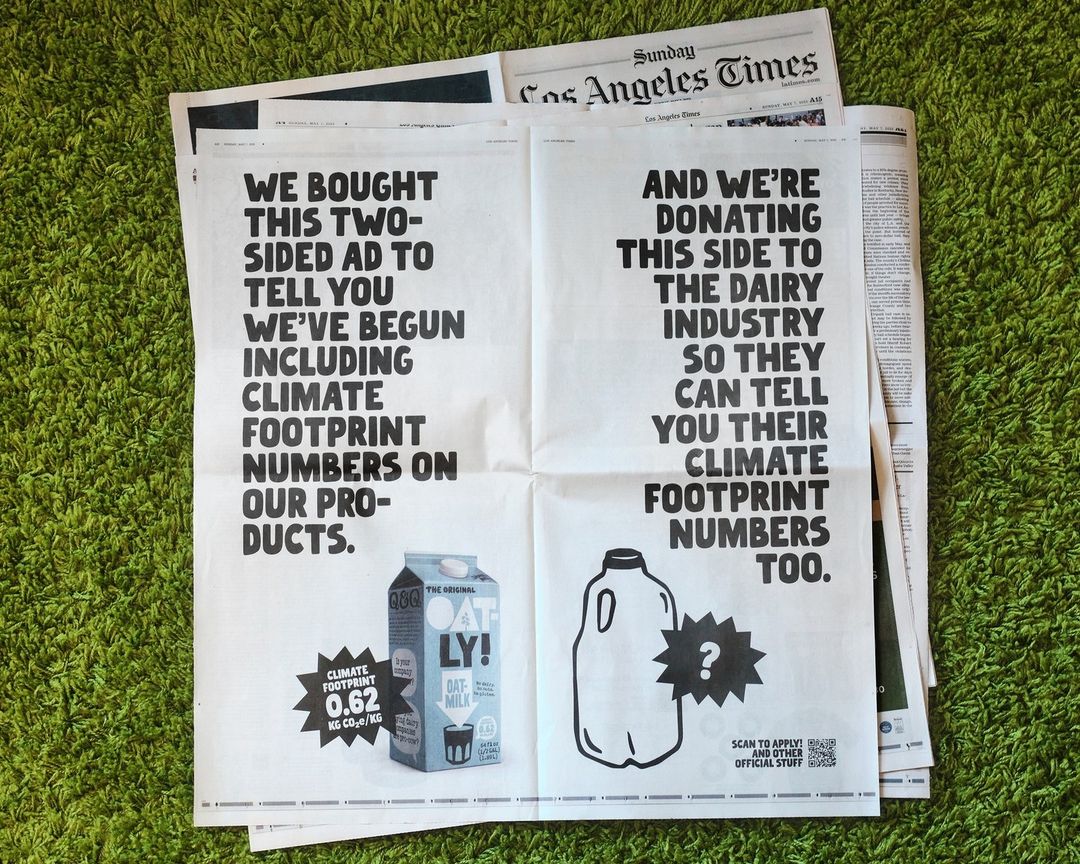 Oatly/Instagram
Oatly/Instagram
Oatly is committed to transforming the food industry
The vegan milk brand has been committed to food system transformation for many years now. Earlier this year, for example, it launched product climate labels in the US for the first time. From March onwards, all of its Oatgurt products revealed climate footprint information on the packaging. Since 2021, this data has also been made public in Europe.
“Transforming the food industry is necessary to meet the current climate challenge, and we believe providing consumers with information to understand the impact of their food choices is one way we as a company can contribute to that effort,” Julie Kunen, Oatly North America’s director of sustainability, said at the time.
The brand isn’t shy about asking other brands to be more transparent about this information, either. In May 2023, it took out full-page ads in publications such as The New York Times, the Los Angeles Times, and The Washington Post, as well as two billboards in New York and Los Angeles, asking the dairy industry to use its extra space to tell consumers more information about its climate footprint numbers.
With F.A.R.M., Oatly is once again raising the bar on its climate strategy. By 2029, the brand hopes that the initiative will help it to reduce the climate footprint of its beverages by at least 70-percent per liter. It is also aiming to increase the health of ecosystems, improve the livelihoods of farmers, contribute to climate solutions, and source 100 percent of its global strategic ingredients from sustainable agriculture production.
“We’re moving from a zero-sum sustainability concept to the concept of regenerative agriculture, which builds it back better,” Kunen said about F.A.R.M. “Improve soil health, improve agriculture, improve farmer livelihoods.”
